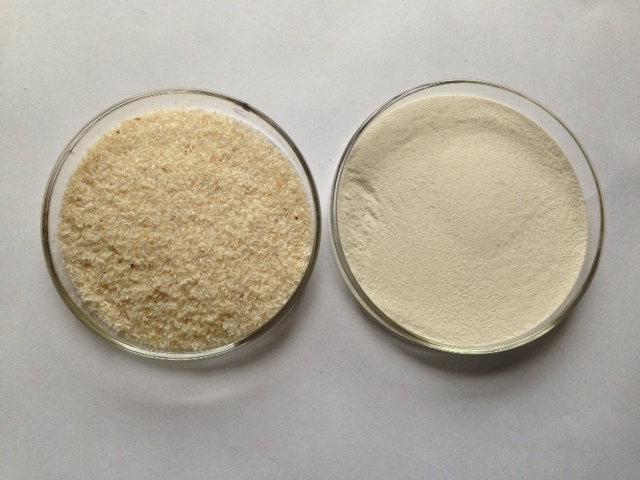The psyllium plant has had a long history of use in various industries and mainly as a dietary fiber supplement. It is a gentle bulk forming laxative that has for a long time been used to promote the functioning of the large bowels of the body. Recent research has shown that the plant fiber has good effect on various conditions of the circulatory system.
There has been much international intrest by the public, research organizations and regulators in the medical application of foods with specific health benefits (functional foods), that favorably modify physiologic function of the body. The psyllium has been at the center of research on these kinds of foods.
There has also been a lot of interest by psyllium husk manufacturers to produce these functional foods and ensure efficacy of action.
Gastrointestinal Regulation
The physiologically active component of the psyllium husk has been shown to be a highly branched, neutral arabinoxylan consisting of a xylose backbone and arabinose /xylose containing side chains. When compared to other cereals that are extensively fermented in the colon, the psyllium husk possesses a unique feature that prevents its fermentation by the typical colonic micro flora. The plant fiber is classified as the mucilaginous fiber due to its powerful ability to form a gel in water and research has shown that the gel forming fraction amounts to 55 – 60% of the husk. This component is responsible for the laxative properties of the psyllium husk powder.
Constipation and Diarrhea
The fiber promotes laxation through increasing the colonic contents and stimulates better propulsion. The unfermented fiber and accompanying moisture held are important in increasing the stool mass. They also provide a good substrate for microbial growth, hence a greater bacterial mass. Psyllium containing stools also contain an unfermented gel that acts as an emollient and lubricant for better stool passage.
Bowel Diseases
Supplementation of diet with psyllium is helpful in the treatment of irritable bowel diseases, inflammatory bowels disease and ulcerative colitis. The beneficial effects on colitis and inflammatory bowel disease have been observed to be due to the anti-constipation activity and increased levels of the short chain fatty acids called butyrate. Research has shown that the anaerobic fermentation of the psyllium fiber in the intestines results in considerable production of the short chain fatty acids acetate, propionate and the butyrate.
Effect on Colon Cancer
The short chained fatty acids and mainly butyric acid nourishes the colonocytes, which is important in colon cancer prevention. This chemical also exerts potent inhibition of inflammation and carcinogenesis to build more defenses against colon cancer.
Prebiotic Effects
Prebiotic foods are ingredients that selectively stimulate the growth and activity of the bifidobacteria and the lactobacilli in the gut and thus have great health benefits. Psyllium husk has been seen to promote growth of the bifidobacteria in the human gut and thus act as a pre-biotic.
Conclusion
Due to these characteristics of the Psyllium, various commercial uses have emerged for the product in food, pharmaceutical and other industries. Although dietary fiber is best obtained from consuming whole foods, fiber supplementation with the Psyllium husk powder is also recommended to close the fiber gap.

